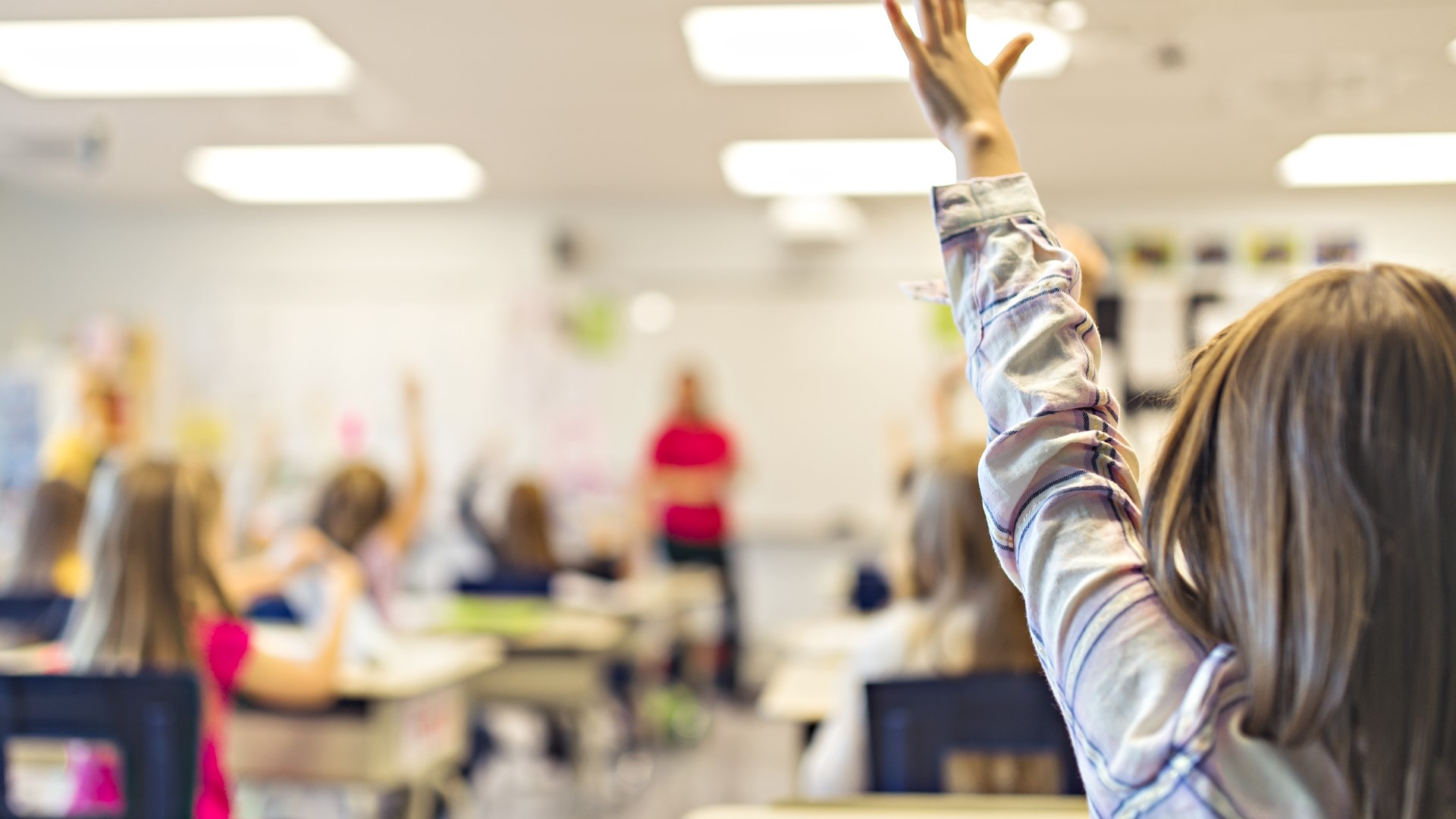PHOENIX — On a recent October morning, Ivette Rodriguez greeted her students by name as they filed into a southeast Phoenix building that’s been converted into a charter school.
Rodriguez does not take these mornings for granted.
“If it wasn’t for the COVID funding we probably would have closed,” said Rodriguez, Executive Director of Phoenix International Academy, which opened in 2019.
The manner that Rodriguez is spending the windfall of federal pandemic aid is different than many other schools.
An analysis by 12 News of how schools and districts are spending COVID funds reflects contrasting priorities, depending on the charter school and school district.
“Reasonable and Necessary”
Data collected by the Associated Press shows nationally more than $156 billion of pandemic aid funds going to public schools.
20% of the money must be used to address learning setbacks and the rest can be spent on nearly any cost that school officials deem “reasonable and necessary,” said Mark Joraanstadt, Director of Arizona School Administrators, an association of public-school leaders.
Joraanstadt says school districts are making after-school programs that focus on social and emotional learning a high priority. Professional development, transportation, air-quality improvements, laptops and COVID-19 testing are other priorities at school districts across the state.
“We also have an increased investment in counselors and social workers,” Joraanstadt said.
Amounts differ between schools
Arizona has received more than $3.6 billion in pandemic funding for schools. The average amount per pupil breaks down to just under $4,000. But amounts differ between schools.
Phoenix International Academy is on track to get $10,700 per student of COVID aid, more than twice the Arizona average. The school serves nearly all low-income students, a key indicator for how much a school receives.
The project-based school promises a personalized, hands-on education. Achieving that goal has been especially difficult during the pandemic.
“It has been our number one goal to have our students in school, learning in a safe way this entire time and it is incredibly costly to do so,” Rodriguez said.
Spending priorities at the school include sanitization and social distancing measures, new furniture, and weekly COVID testing of students. The biggest expense is transportation. The school provides transportation to more than 95% of its students and began using a fleet of vans instead of two buses to allow for social distancing, Rodriguez said.
Another district spends big on air quality
The state’s largest district, Mesa Public Schools, is near the state average at $3,900 per student.
The district’s largest expenditure is $75 million on air-quality improvements to its aging buildings. Summer school and music programs are also getting pandemic funding.
“Part of ESSER (pandemic funding) is reaching out to your stakeholders and say ‘what’s important to you?’ Loud and clear we heard from them that music was really high on their list,” said Holly Williams, Associate Superintendent.
Holding schools accountable against fraud
With so much money flowing to schools, accountability will be paramount. Allegations of fraud by school administrators are not uncommon.
This month, a grand jury indicted a Sunnyside District employee for awarding high-dollar contracts to relatives without a bidding process. In July, former Higley Unified superintendent Denise Birdwell was charged with 27 counts involving fraud and conspiracy.
Both suspects say they are innocent.
“It’s not only a huge reporting responsibility but it’s a moral and ethical responsibility to make the best use of these resources,” Joraanstadt said.
Joraanstadt says there’s a built-in system to prevent fraud.
“In addition, there is extensive reporting to the federal government and to the Arizona Department of Education,” Joraanstadt said. “In some cases, districts have had to hire extra people to comply with these requirements.”
The Arizona Auditor General will also have a hand in holding schools accountable by auditing charter schools and districts. The Auditor General has the power to recommend criminal investigations if there is evidence of wrongdoing.
Schools still have trouble filling positions
What the pandemic money cannot pay for are permanent positions and pay raises for teachers, Joraandstadt said. However, he says it can be used for bonuses.
Funding long-term positions would need to come from the state budget. In the meantime, said Jorranstadt, unfilled positions remain the most dire need in schools.
“At all levels, we are missing personnel,” Joraanstadt said.
12 News on YouTube
Catch up on the latest news and stories on the 12 News YouTube channel. Subscribe today.

